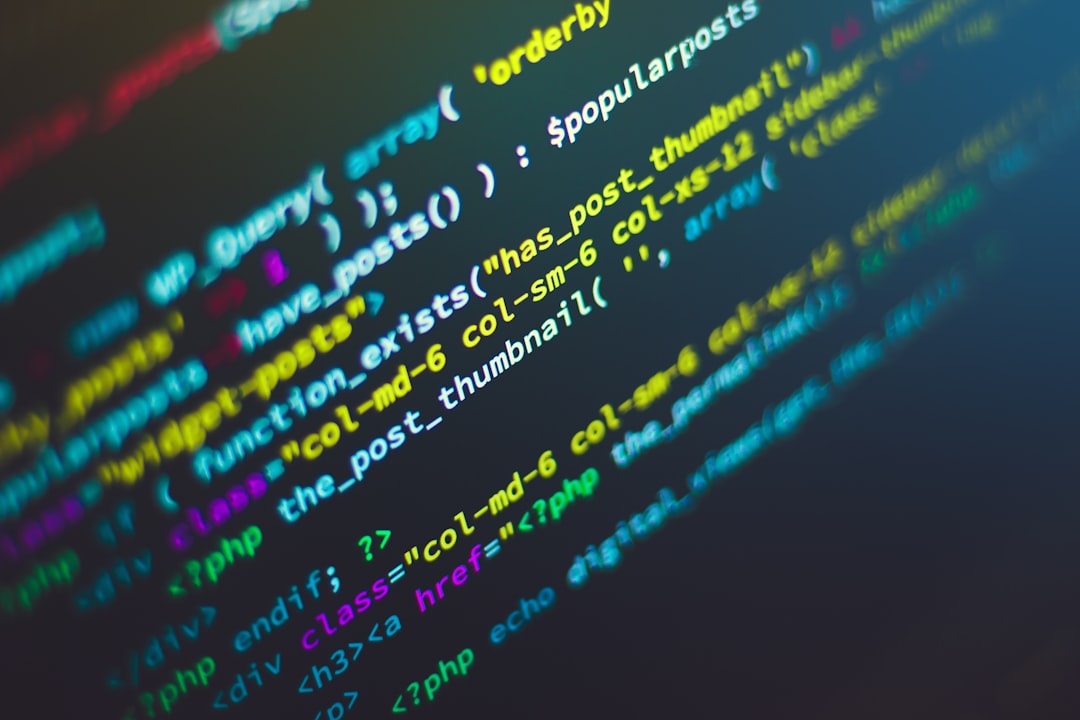What is it about?
Over the last fifty years, societies across the world have experienced multiple periods of energy insufficiency, with the most recent one being the 2022 global energy crisis. This is occurring simultaneously with a significant increase in the number of connected devices, in particular, with the introduction of plug-and-play Internet of Things (IoT) and smart home devices. Newly introduced devices are equipped with sensors and actuators; they can collect a large amount of data that could be analysed to help in overall energy reduction. However, these environments are complex because of the amount of collected data and the interactions between the devices. Therefore, before being able to manage energy in such environments, three questions come to mind: • How can we determine the power consumption of each device without connecting it to a wattmeter? • How can we represent this complex environment in a way that is understandable and usable by both humans and machines? • What actions should we take for each device in order to reduce its power consumption?
Featured Image

Photo by Possessed Photography on Unsplash
Why is it important?
In our work, we propose to estimate and optimize energy usage in smart homes using an ontology-based knowledge representation and machine learning techniques. On the one hand, an ontology is a formal description of knowledge as a set of concepts within a domain and the relationships between these concepts. On the other hand, reinforcement learning is a machine learning technique that trains software to make decisions to achieve the most optimal results (in our case, energy optimization) while respecting a set of constraints, such as user preferences.
Perspectives
In the future, exploring machine learning techniques capable of optimizing multiple goals simultaneously (e.g., cost, energy, user preference) would be particularly interesting to explore. Additionally, expanding the testing of this approach to include a larger number of real-world devices is on our agenda. Lastly, incorporating user behaviour and tracking their changes over time is also a crucial aspect to address.
Houssam Kanso
Universite de Pau et des Pays de l'Adour
Read the Original
This page is a summary of: An automated energy management framework for smart homes, Journal of Ambient Intelligence and Smart Environments, November 2023, IOS Press,
DOI: 10.3233/ais-220482.
You can read the full text:
Contributors
The following have contributed to this page










